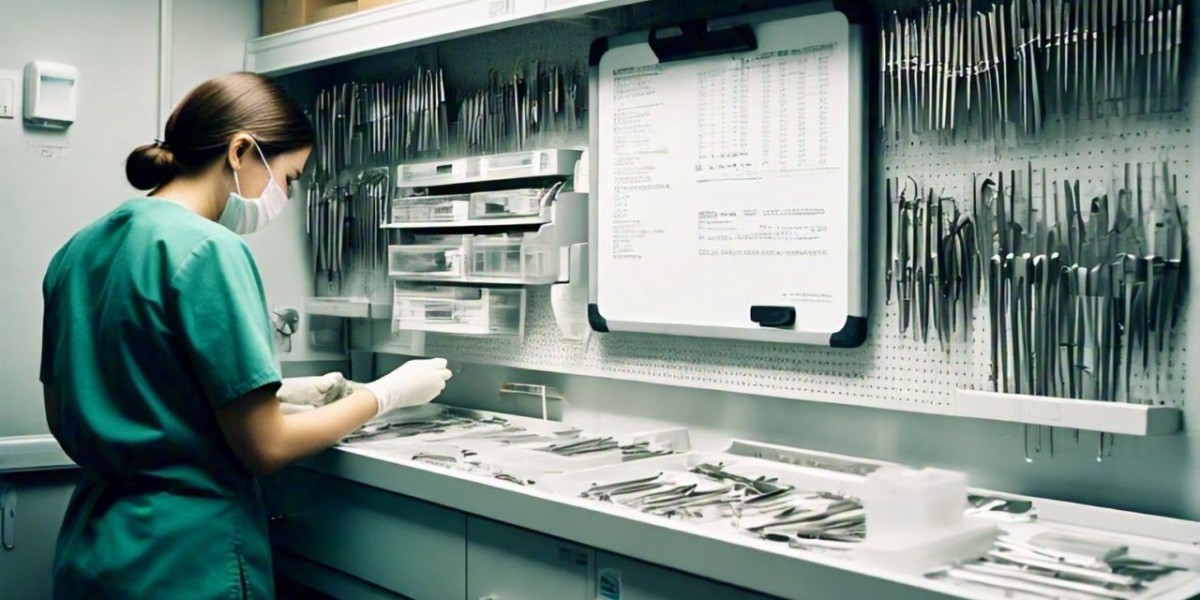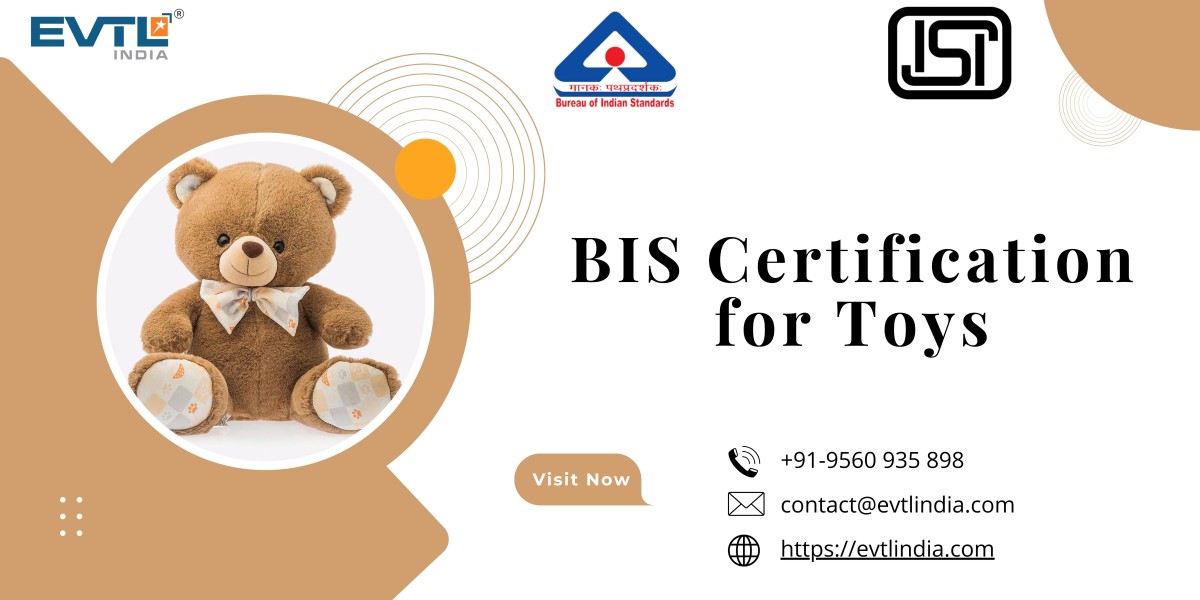How Proper Maintenance Extends the Life of Surgical Tools
Surgical tools are crucial for the safety and precision of medical procedures. However, the longevity and performance of these tools depend on proper maintenance. In this post, we will discuss how taking care of surgical instruments can ensure their longevity and efficiency in the operating room.
Why Maintenance of Surgical Instruments is Essential
Surgical tools undergo regular wear and tear due to their frequent use in demanding environments. If not maintained properly, their performance can degrade, leading to complications during procedures. Proper care and maintenance help preserve the functionality, precision, and reliability of these instruments, ensuring optimal patient outcomes.
The Impact of Poorly Maintained Surgical Tools
Poorly maintained surgical tools can lead to issues such as corrosion, dull blades, and inaccurate measurements. These problems can compromise the quality of surgeries and increase the risk of errors. Furthermore, using damaged or inefficient tools may result in increased operational costs due to the need for more frequent replacements.
Cleaning and Sanitizing Surgical Instruments
Cleaning and sanitizing are two of the most critical aspects of maintaining surgical tools. Proper cleaning removes debris, blood, and bodily fluids that can accumulate on instruments. Sanitizing ensures that instruments are free from harmful bacteria, viruses, and pathogens, preventing infections during surgery. Regular cleaning prolongs the life of the tools and reduces the risk of contamination.
Inspecting Instruments for Damage
Before and after every use, surgical instruments should be thoroughly inspected for damage. Regular inspection helps identify signs of wear, such as cracks, rust, or loose parts, which may affect their functionality. Early detection of damage can prevent tool failure during surgery and avoid unnecessary costs for repairs or replacements.
Sterilization Techniques for Surgical Tools
Sterilization is vital for maintaining the cleanliness and safety of surgical instruments. Proper sterilization techniques ensure that all microorganisms are eradicated from the tools before they are used on patients. Autoclaving is a common method for sterilizing surgical instruments, but the process must be done correctly to prevent damage to delicate tools.
Proper Storage of Surgical Tools
Storing surgical instruments correctly is an essential part of their maintenance. Instruments should be kept in a clean, dry, and controlled environment to prevent rusting or other forms of deterioration. Specialized storage cases or cabinets can help organize tools and protect them from accidental damage, ensuring they remain in optimal condition.
Lubrication of Moving Parts
Some surgical instruments contain moving parts, such as scissors, forceps, and clamps. These tools require regular lubrication to maintain smooth operation and prevent friction-related damage. Using the right type of lubricant can extend the life of these instruments, ensuring they remain functional for a longer period.
Professional Sharpening Services
Over time, the edges of cutting instruments can become dull, affecting their precision and efficiency. Professional sharpening services are recommended to restore the sharpness of surgical tools without damaging their structure. By using expert sharpening techniques, the tools can maintain their cutting performance and stay in service for an extended period.
The Role of Regular Maintenance in Cost-Effectiveness
Proper maintenance may seem like an additional expense initially, but it proves to be cost-effective in the long run. Well-maintained surgical instruments perform better, last longer, and require fewer replacements, which reduces overall costs for healthcare facilities. Regular care can prevent expensive emergency repairs and avoid the need for constant purchasing of new instruments.
Choosing Quality Surgical Instruments
Quality plays a significant role in the durability and longevity of surgical tools. Investing in high-quality instruments, such as those from trusted manufacturers like T Surgical Instruments, can ensure they withstand regular use and require less frequent maintenance. Superior materials and craftsmanship contribute to the overall longevity of surgical tools.
Training Medical Staff on Instrument Care
Training medical staff to properly handle, clean, and maintain surgical tools is crucial to ensuring their longevity. When staff members are knowledgeable about the proper procedures, they can avoid accidents or mistakes that might damage instruments. Regular training can improve the overall lifespan of surgical tools and help maintain their efficiency.
Proper Maintenance Schedule for Surgical Tools
Developing a maintenance schedule is essential for ensuring that surgical instruments are properly cared for. The schedule should include cleaning, inspection, lubrication, and sterilization tasks at regular intervals. A consistent routine will help keep instruments in peak condition and minimize the risk of malfunctions during surgeries.
The Importance of Manufacturer Guidelines
Manufacturers provide detailed guidelines on the care and maintenance of surgical instruments. Adhering to these guidelines ensures that tools are maintained according to the manufacturer’s recommendations, preserving their functionality and durability. This is especially important for specialized instruments like ophthalmic tools, where precision is paramount.
Preventive Care for Surgical Instruments
Preventive care involves regularly checking instruments for wear and tear, repairing minor issues before they escalate, and ensuring they’re properly cleaned and sterilized. Taking a proactive approach to maintenance can significantly reduce the chances of instrument failure during surgery and prolong their useful life.
Benefits of Properly Maintained Surgical Instruments
Well-maintained surgical instruments provide several benefits, including enhanced performance, increased reliability, and improved patient outcomes. Instruments that are cared for properly are also safer to use, reducing the chances of complications during procedures. Additionally, proper maintenance reduces the need for costly replacements.
FAQs
1. How often should surgical instruments be cleaned? Surgical instruments should be cleaned after every use to prevent contamination and preserve their condition.
2. Can surgical instruments be sterilized at home? No, sterilization should be done using professional autoclaving equipment to ensure all pathogens are eliminated.
3. What should be done if a surgical tool is damaged? Damaged tools should be inspected by a professional to assess whether they can be repaired or need to be replaced.
4. How can I ensure my surgical tools are of high quality? Purchase instruments from trusted manufacturers, like T Surgical Instruments, who offer durable, high-quality products.
5. Is lubrication necessary for all surgical instruments? Lubrication is essential for tools with moving parts to prevent wear and ensure smooth operation.
6. Can improper storage damage surgical tools? Yes, improper storage can lead to rusting, dulling, or breakage, which is why storing instruments properly is vital for their longevity.









